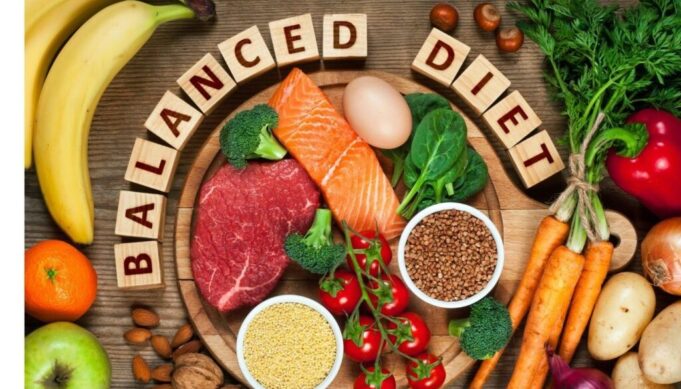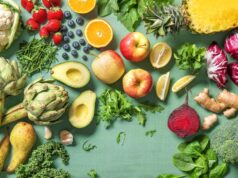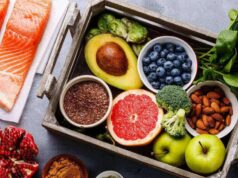Creating balanced meals is key to maintaining good health and ensuring your body gets all the nutrients it needs. A balanced meal should include a variety of food groups that provide proteins, carbohydrates, healthy fats, and essential vitamins and minerals. Here’s how you can create balanced meals every day:
1. Include Lean Proteins
Proteins are essential for building and repairing tissues in the body. Including lean sources of protein such as chicken, fish, beans, or tofu in your meals helps keep your muscles strong and supports overall health. Protein also helps you feel fuller for longer, making it an important component of a balanced meal.
2. Add Whole Grains
Whole grains like brown rice, quinoa, and whole-wheat bread provide a rich source of fiber, which aids digestion and helps regulate blood sugar levels. Choose whole grains over refined grains, as they contain more nutrients and promote long-lasting energy throughout the day.
3. Don’t Forget Healthy Fats
Healthy fats are important for brain health, hormone regulation, and absorbing fat-soluble vitamins (A, D, E, and K). Include sources of healthy fats such as avocados, nuts, seeds, and olive oil in your meals. Avoid trans fats and limit saturated fats to maintain heart health.
4. Fill Your Plate with Vegetables
Vegetables are packed with vitamins, minerals, and antioxidants that support various bodily functions. Aim to fill half your plate with a variety of colorful vegetables to ensure you get a wide range of nutrients. Leafy greens like spinach, kale, and broccoli are especially nutrient-dense and great for a balanced diet.
5. Include a Portion of Fruit
Fruits are a great source of natural sugars, fiber, and important vitamins like vitamin C. They provide a refreshing finish to any meal and add a burst of sweetness. Choose whole fruits instead of fruit juices to benefit from the fiber and lower sugar content.
6. Stay Hydrated
Don’t forget to drink water with your meals! Staying hydrated is just as important as the food you eat. Water helps with digestion, nutrient absorption, and keeping your energy levels up throughout the day.
Final Thoughts:
Creating balanced meals is easier than you think. By combining lean proteins, whole grains, healthy fats, vegetables, and fruits, you can ensure that your body receives all the nutrients it needs to function at its best. Start building balanced meals today and feel the difference in your health and energy!










Essa bet app é boa mesmo? Tô pensando em começar a usar, mas queria saber a opinião da galera antes. Quais são os pontos positivos e negativos? a bet app
uqFszzVEpRLkrGZWVZXwa